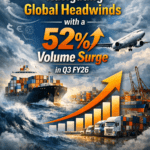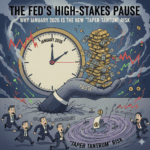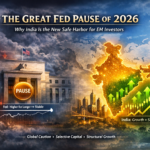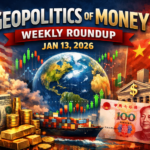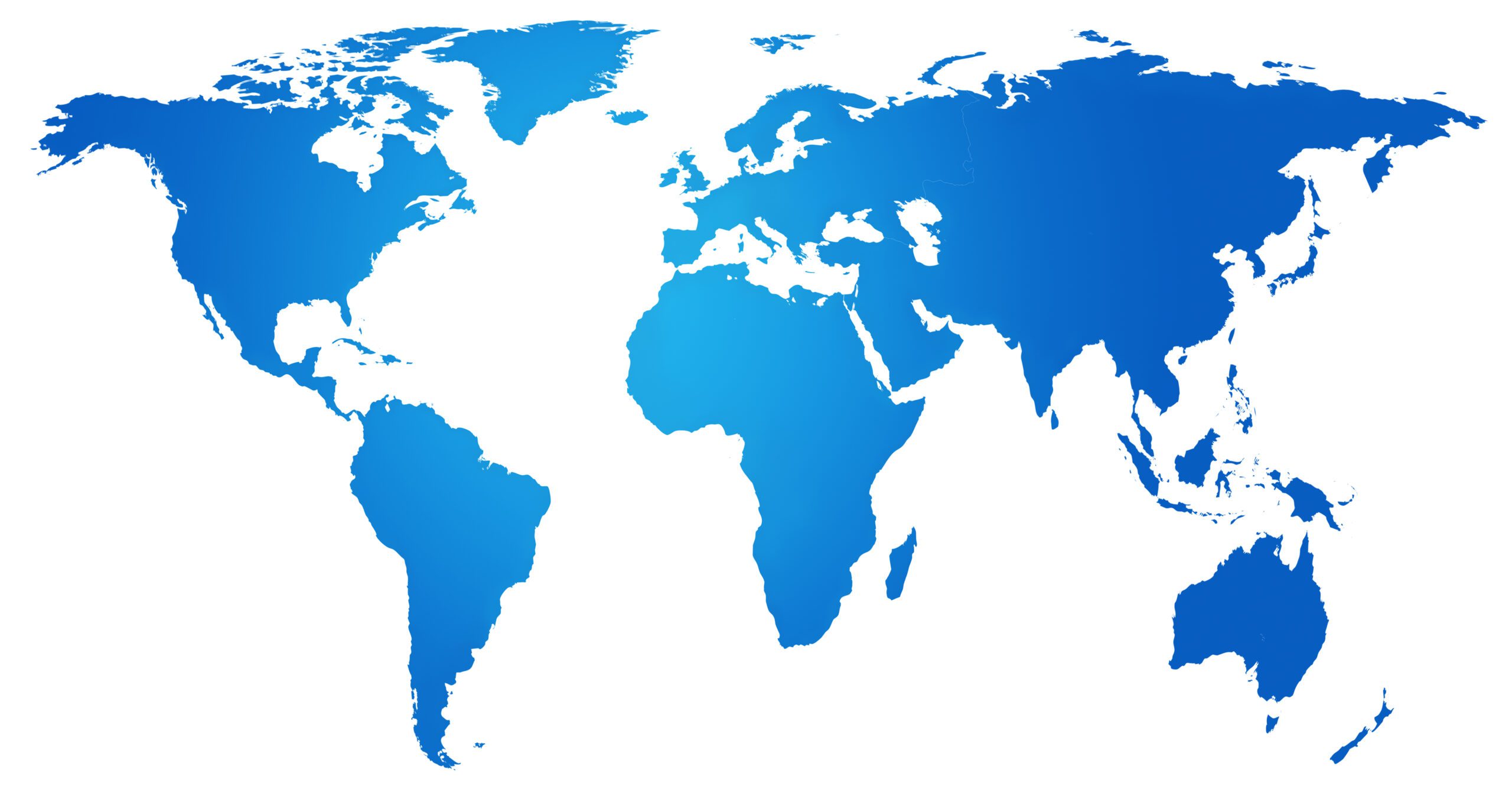In today’s globalized world, the nexus between wealth, power, and influence is more apparent than ever. It’s not just about the riches amassed by the world’s wealthiest individuals but also about how they utilize their wealth to shape the economic landscape of countries. In this article, we’ll explore the fascinating notion that the world’s wealthiest, including prominent figures like George Soros, exert significant power and influence, primarily through philanthropic efforts, to impact economies worldwide.
Unveiling the Titans of Wealth
Before delving into the influence of the world’s wealthiest, it’s crucial to identify these individuals. While George Soros is a prominent name, there are others like Warren Buffett, Bill Gates, and Jeff Bezos who also fall into this elite category. These titans of wealth often amass their fortunes through various industries, from technology to finance, and their combined net worths can rival the GDP of small nations.
The Philanthropic Approach
One of the most significant ways in which the world’s wealthiest exert their influence is through philanthropy. Unlike traditional charity, philanthropy involves strategic and systematic giving with the intent of creating sustainable change. These individuals often establish foundations and initiatives to channel their wealth into causes they are passionate about. In George Soros’s case, the Open Society Foundations is a prime example of how a fortune can be used to promote open societies, human rights, and transparency.
A Global Impact
The influence of the world’s wealthiest individuals is not confined to their home countries; it’s a global phenomenon. By strategically directing their philanthropic efforts, they can effect change in multiple nations simultaneously. The causes they support, whether it’s eradicating diseases, advancing education, or fostering economic development, often have far-reaching implications.
Economic Landscapes and Policy Shaping
The economic landscapes of countries are intrinsically tied to policies and regulations. The world’s wealthiest individuals understand this link and actively engage in shaping economic policies through lobbying, think tanks, and research institutions. These actions are not without controversy, as critics argue that they may use their wealth to advance their personal interests.
Soros and His Economic Influence
George Soros, known for his prowess in the financial markets, has a unique influence on the economic landscape. He is renowned for his speculative activities, including currency trading, and his actions have occasionally caused financial crises in some countries. While critics have accused him of profiting from these crises, Soros has consistently maintained that his intentions were to promote open societies and democratic principles.
The Ripple Effect
The impact of the world’s wealthiest individuals on economic landscapes often has a ripple effect. For instance, the funding of research into renewable energy by prominent figures like Bill Gates has accelerated the shift towards cleaner and more sustainable energy sources. This shift, in turn, impacts the economic landscape by creating new industries and opportunities.
Addressing the Concerns
While philanthropy and economic influence can bring about positive change, there are also concerns. Critics argue that the power wielded by these individuals can undermine democratic processes. Additionally, the lack of transparency in some philanthropic efforts has raised questions about accountability and the true motives behind their actions.
Conclusion
In conclusion, it is evident that the world’s wealthiest individuals, including George Soros, do wield enough power and influence through philanthropy and other means to significantly impact the economic landscape of countries. Their strategic philanthropic efforts, coupled with their ability to shape policies and regulations, can create a profound and lasting effect on economies worldwide. However, it is crucial to strike a balance between celebrating their contributions to society and scrutinizing the potential risks and consequences of their actions. The interplay between wealth, power, and influence remains a complex and evolving phenomenon that warrants continued examination and discussion.

